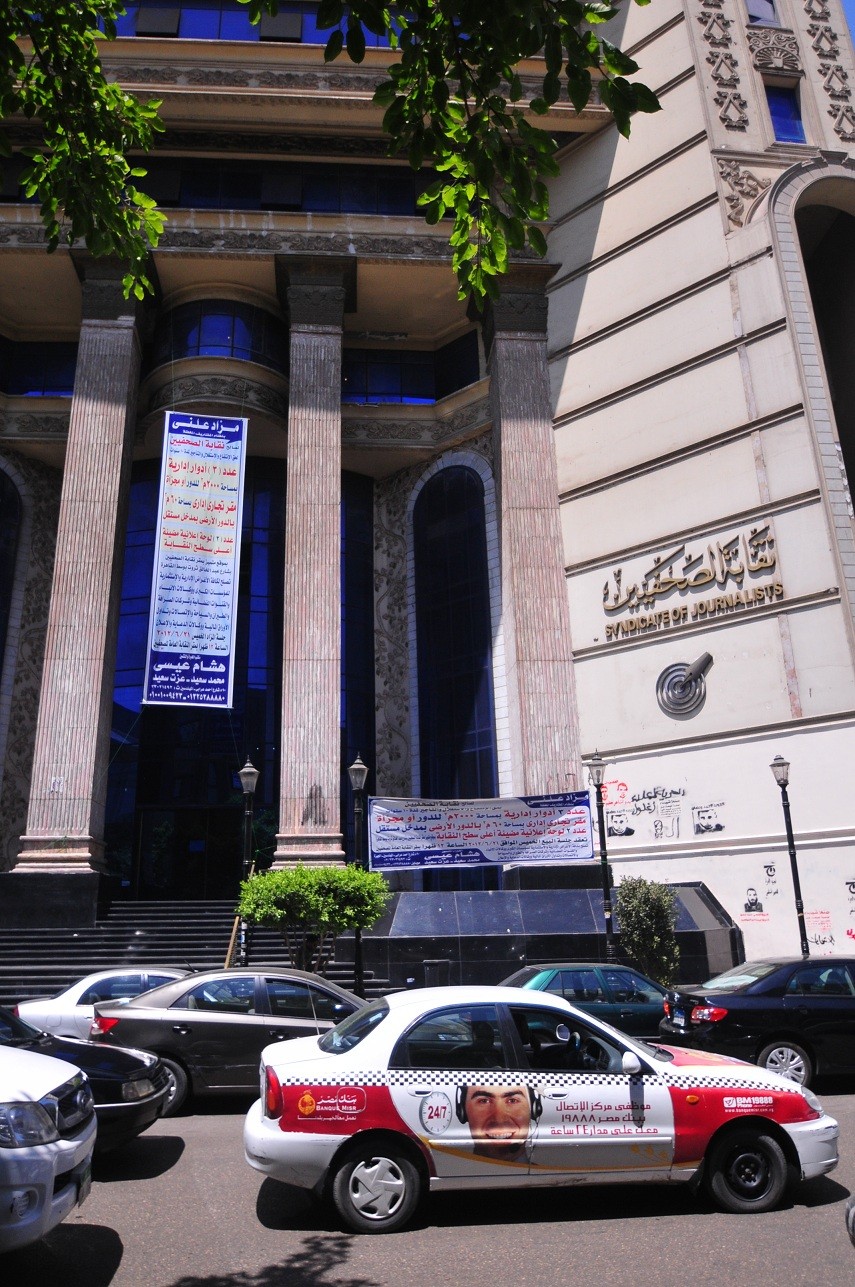The US’ recent sanctions on Addis Ababa cannot be isolated from the dispute over the Ethiopian dam, according to Dr Amani Al-Tawil, Director of the African Program at the Al-Ahram Centre for Political and Strategic Studies.
This comes despite the current US administration’s interest in the situation in Ethiopia’s northern Tigray region.
Speaking to Daily News Egypt, Al-Tawil added that the measures taken by the US President Joe Biden and his administration towards Ethiopia could be considered as a message that the US support for Addis Ababa is not absolute.
On Sunday, Washington announced new sanctions against Ethiopia, imposing visa restrictions on Ethiopian and Eritrean officials accused of crimes related to the six-month conflict in Tigray region.
The incursions in the region saw a bloody armed conflict between the Ethiopian government and the Tigray People’s Liberation Front (TPLF).
Since November 2020, thousands of Tigray residents have been killed and many thousands more have been forced from their homes to other regions. Yet others have been forced to cross the border into Sudan, escaping from the war.
In a statement, US Secretary of State Antony Blinken also announced that restrictions would be imposed on economic and security assistance to Ethiopia, but that humanitarian aid would remain for areas such as health, food and education.
The US restrictions target “current or former Ethiopian or Eritrean government officials, members of the security forces, or other individuals – to include Amhara regional and irregular forces and members of the Tigray People’s Liberation Front (TPLF) – responsible for, or complicit in, undermining resolution of the crisis in Tigray”.
In response, Addis Ababa rejected the US sanctions, accusing Washington of meddling in its internal affairs.
Al-Tawil also believes that the Biden administration did not mention the issue of the Grand Ethiopian Renaissance Dam (GERD) in the statements regarding sanctions against Ethiopia. This is due to the new US administration having not yet adopted a clear position or initiative on the issue.
She expects Ethiopia to respond to calls to resume the stalled negotiations on the GERD issue, which also involve Egypt and Sudan. This would take place in the event that calls for resuming talks are issued by the parties concerned or the US.
Meanwhile, Egyptian military forces arrived in the Sudanese capital, Khartoum, on Friday, ahead of joint “Guardians of the Nile” military exercises, to confront any possible threats, according to Sudanese Armed Forces.
Sudanese and Egyptian forces will hold the manoeuvres, targeting “[stronger] bilateral relations, and unifying methods on dealing with threats that both countries are expected to face”, from 26-31 May.
Responding on Tuesday to the Egyptian-Sudanese manoeuvres, Dina Mufti, Spokesperson for Ethiopia’s Ministry of Foreign Affairs of Ethiopia, said, “We’re monitoring the recent developments in Sudan. We have a strong army to protect our country.”
Mufti noted that such drills “should not be at the expense of Ethiopia”.


